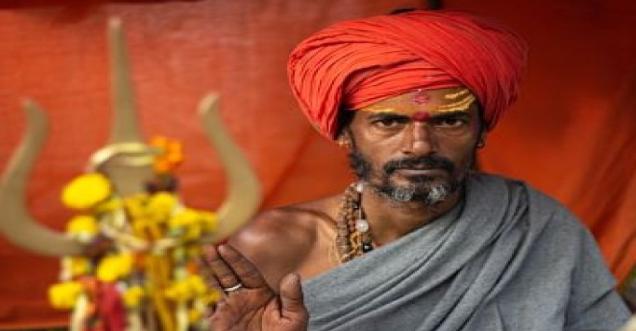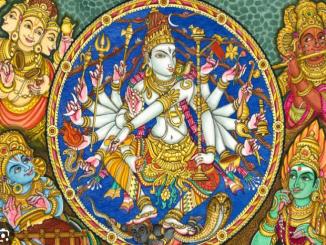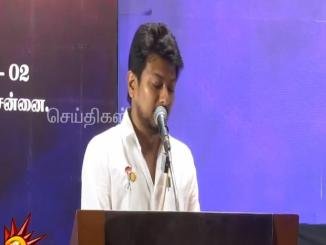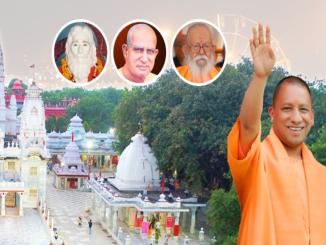
Viral Message Claiming Indian Constitutional Discrimination against Hindus
A viral message falsely claimed that articles 28, 29 and 30 of the Constitution of India propagate Islamic and Christian religious texts.
Article 28 of the Constitution prohibits the State from establishing a religion or interfering in religious affairs. It also prohibits the State from giving financial assistance to any religious institution.
Article 29 of the Constitution guarantees the right of every religious community to manage its affairs in matters of religion. It also ensures the right of every religious community to establish and maintain its educational institutions.
Article 30 of the Constitution guarantees the right of every religious minority to establish and maintain its educational institutions. It also ensures the rights of every religious minority to receive financial assistance from the State to strengthen its educational institutions.
These articles do not propagate any religious texts. They guarantee every religious community's right to practice religion freely and establish and maintain its educational institutions.
The viral message is likely based on a misunderstanding of these articles. It is important to remember that the Constitution of India is a secular document that guarantees the right of every citizen to freedom of religion.
Does The Indian Constitution Give Preference To A Particular Religion?
No, the Constitution of India does not give preference to a particular religion. It is explicitly secular and guarantees the freedom of religion to all its citizens.
Article 14 of The Constitution states that "the State shall not deny to any person equality before the law or the equal protection of the laws within the territory of India." This means that all citizens, regardless of their religion, are equal before the law and are entitled to the same protection under the law.
Article 25 of the Constitution guarantees the freedom of religion to all citizens. It states that "subject to public order, morality and health, every person has the right to profess, practice and propagate religion."
This means that all citizens are free to practice their religion of choice without interference from the government.
The Constitution also prohibits the State from establishing a religion or interfering in religious affairs. Article 26 states that "every religious denomination or any
section thereof shall have the right to establish and maintain institutions for religious and charitable purposes, maintain schools and colleges, and
manage its affairs in matters of religion." This means that religious groups are free to establish their institutions and manage their affairs without interference from the government.
The Constitution of India is a secular document that guarantees the freedom of religion to all its citizens. It does not give preference to any one religion.
Do we have to pay tax to go to Amarnath and get a Subsidy if we go for Haj?
The Indian government used to subsidize Muslims who go on the Haj pilgrimage to Mecca. However, the Supreme Court of India ruled in 2012 that the Haj subsidy was unconstitutional. The court ruled that the government could not provide financial assistance to any religious group, as this would violate the principle of secularism.
It was decided that the Haj subsidy would be completely phased out by 2018, and the funds would be used for educational programmes, especially for girls in minority communities. On 16 January 2018, the Union Minister for minority affairs confirmed that the Haj subsidy had been ended and that its funding would be used for educating girls
from minority communities.
The Amarnath Yatra is a Hindu pilgrimage to the Amarnath cave in the Himalayas. The government does not subsidize the pilgrimage. Pilgrims must pay the Jammu and Kashmir government a fee to participate in the pilgrimage.
Some have criticized the difference in treatment of the two pilgrimages as discriminatory. They argue that the government should either subsidize both pilgrimages or subsidize neither.
The government has defended its decision not to subsidize the Amarnath Yatra. It has been argued that the Haj is a more important pilgrimage for Muslims than the Amarnath Yatra is for Hindus. It has also been argued that the Haj is more expensive than the Amarnath Yatra.
Ayupp Verdict: A viral message falsely claimed that articles 28, 29 and 30 of the Constitution of India propagate Islamic and Christian religious texts. This message is false.





















